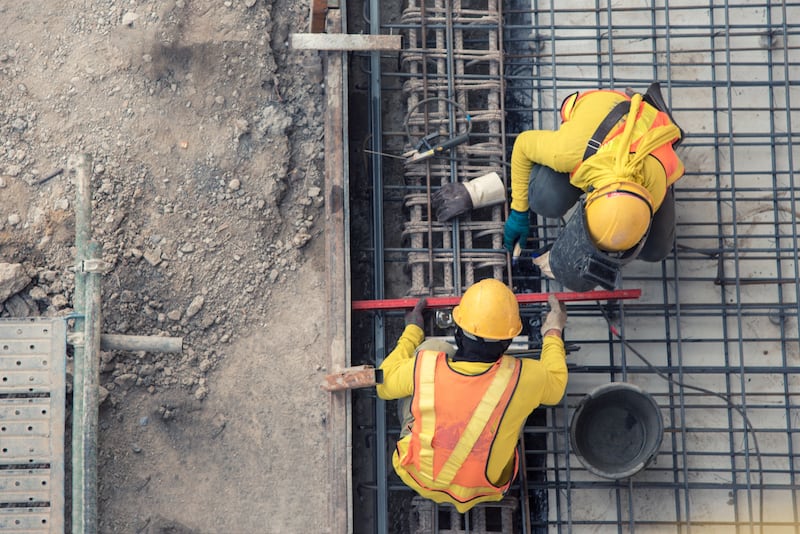More than two years after the coronavirus outbreak, we are exiting the pandemic and returning to a semblance of normal life. While we all welcome this, we are staring down a growing mental health crisis, exacerbated by the events of the past two years — and we risk letting this become worse if we don’t take decisive action today. Fortunately, there are tools for employers and employees to help change that.
Even before the pandemic, rates of mental health disorders were becoming more common. According to a 2019 report from the American Heart Association CEO Roundtable, depression and anxiety increased by 15%-20% over the prior decade. Roughly 3 in 4 employees said they struggled with at least one issue that affected their mental health. And 9 in 10 said that employers had a responsibility to support workforce mental health. Depression alone reportedly costs the U.S. economy over $210 billion a year, with half of those costs shared by employers.
Utah Community Builders, the Salt Lake Chamber’s social impact foundation, partnered with experts to produce a blueprint for fostering a culture of mental fitness and strengthening resilience in the workforce. Many employers who genuinely care about this issue may voice empathy coupled with exasperation, wondering what they can actually do. In 2020, Utah Community Builders launched the Workforce Resilience Through Mental Fitness initiative to answer that question.
Building on that launch and the creation of the first Suicide Prevention in the Workforce Employer Toolkit, the foundation identified three industries that have elevated and unique challenges with workforce resilience: construction, hospitality and the legal profession. A series of industry-focused roundtable discussions, and the ongoing partnership with the Utah Suicide Prevention Coalition and wellness advocates in each sector, led to the creation of three new guides custom tailored to these three industries.
“Living Well in Law” addresses burnout, engagement and well-being in the legal profession. “Resilience in Hospitality” provides best practices for mental health in Utah’s world-class hospitality sector. And “Total Safety” builds upon the construction industry’s remarkable progress in improving physical safety at the job site by incorporating mental and emotional safety off the job.
The legal, hospitality and construction industries are vital to Utah’s thriving economy. They also each have unique challenges and opportunities with workforce mental health, and now they each have access to actionable resources to move the needle.
A common theme in each of these new industry guides is the importance of a few key ingredients: leader modeling, manager training and employee resources. CEOs, presidents, partners, owners and others in leadership roles in the business are best equipped to model and encourage the behaviors, messages and workplace culture that support mental fitness. Those at the manager level, equipped with the right training and education, can make a tremendous difference for their team members. And employees having access to both crisis intervention resources, as well as upstream well-being tools, is vital.
This effort relies on the vision of important leaders in our state: the Utah Suicide Prevention Coalition, the Huntsman Mental Health Institute at the University of Utah, voices of key employers in each of these sectors, and the engagement of the entire business community. Utah is nationally known as one of the best states for business and quality of life. To maintain this recognition, we believe it is now time to lead the way on mental fitness and resilience.
Derek Miller is the president and CEO of the Salt Lake Chamber and Downtown Alliance. Clark Ivory and Lisa Eccles are co-chairs of the advisory board for Utah Community Builders, the Salt Lake Chamber’s nonprofit social impact foundation. For more information about the Workforce Resilience initiative, or to access the employer resources, visit slchamber.com.

